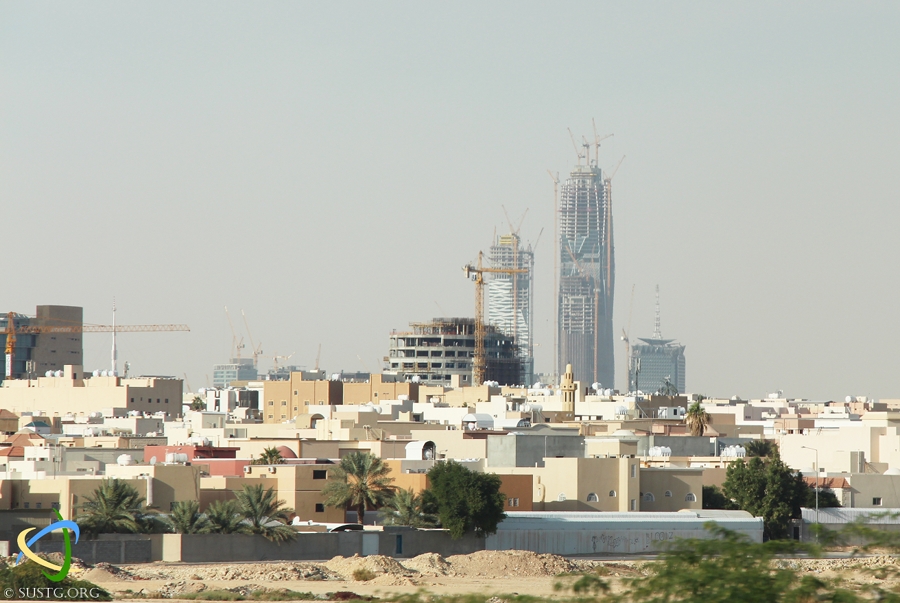Last month’s announcement that the Saudi Arabian stock market, known as the Tadawul or TASI, would open to foreign investment has created waves of optimism from news outlets to seasoned investors. Most think the opening of the market will be great for investors and provide extra liquidity and capital into the market, but the Saudi government is proceeding cautiously. Here are 5 things you should know about the announcement and its impact.
A Long Time Coming
The announcement that the market would open the $745 billion Saudi economy to foreign investors came on June 22nd, 2014, but it had been a long time coming for the TASI, one of the last exchanges in an emerging market to open to outside investors.
A recently released Jadwa Investment note to investors on the opening noted that the stock market opening “has been highly anticipated for some time by foreign investors, and rightly so. The stock market has a number of exceptional companies.”
Mr. Mohammed A. Alsheikh became the new chairman of the Saudi Arabian Capital Markets Authority about 18 months ago, in February 2013. When he was appointed, speculation that the market would soon thereafter open up surfaced, but like many big changes in Saudi Arabia, the government proceeded cautiously.
In a recent FocusKSA (a joint Saudi-US Trade Group/SUSRIS.com initiative) interview with Pat Ryan last month, John Sfakianakis, a Riyadh-based investment strategist and contributor to SUSTG.com said that the time finally came for a decision to be made, and that the slow decision making process was “very Saudi.”
Sfakianakis:
International investors have been “eager to accumulate blue-chip stocks in Saudi for the longest time,” Tariq Qaqish, head of asset management at Dubai-based Al Mal Capital PSC, told BusinessWeek in July.
The Announcement Bounce
Saudi Arabia’s stock market has surged 12% since the announcement that it would open up to qualified foreign investors, reaching a six year high, a significant bump from before the announcement. Can these gains hold?
Jadwa Investment’s report noted that “the opening and eventual inclusion of the Tadawul into MSCI raises the risks of over pricing of stocks in the short to medium term. With the greater dominance of retail investors and their higher risk appetite, there is a strong possibility that the Tadawul could move beyond fair value levels…There are already signs that the Tadawul All Share Index (TASI) is moving towards being over heated.”
Restrictive Rules…At First
The recently released draft rules for opening up the Tadawul include strict rules about who can enter the market, at least at first.
The rules, available here from the Saudi Capital Markets Authority website, stipulate that potential foreign investors must be a licensed bank or financial institution, have over $5 billion to invest in the TASI, have been in the investment business for over 5 years, and be approved by the Capital Markets Authority.
So, when the market does actually open up to foreign investment, only the big banks will get to play at the start. Morgan Stanley is reportedly the first Western financial institution to apply.
Broader Economic Impact
In addition to a surge in the market, Saudi Arabia has seen an uptick in optimism about its economy in general. Leone Lakhani and Alanna Petroff write in CNN Money that Saudi Arabia is now the “next big emerging market.”
Increased capital flows into the market are a good thing, but in the long term, the market might become overheated.
Oil, Economic Diversity, and the TASI
So much of the Saudi economy is tied to oil prices, and although Jadwa Investment finds that “the recent correlation between oil prices and TASI is low, major trends in the price of oil nevertheless impact upon local investor sentiment.”
Jadwa:
In his latest column for SUSTG.com, Sfakianakis argues that energy subsidies are greatly in need of reform in order to power the economy toward greater diversity. “In Saudi Arabia, oil is the single most important source of income for the government. Without oil the country will stop advancing,” Sfakianakis wrote. “Now is the time for subsidy reform, when economic growth is high and inflation is moderate.”









